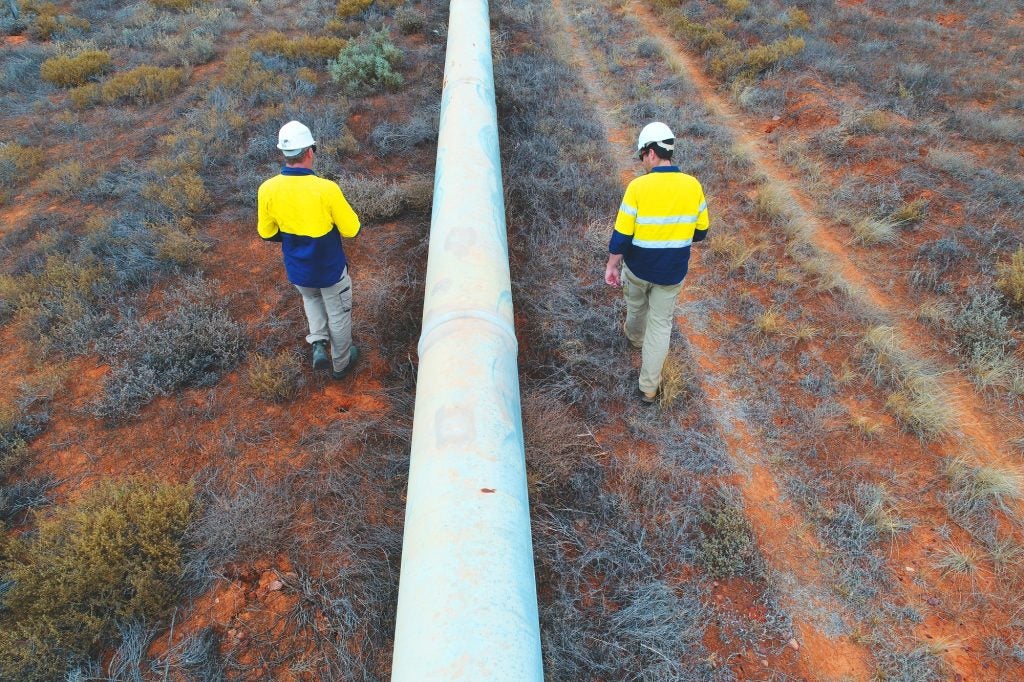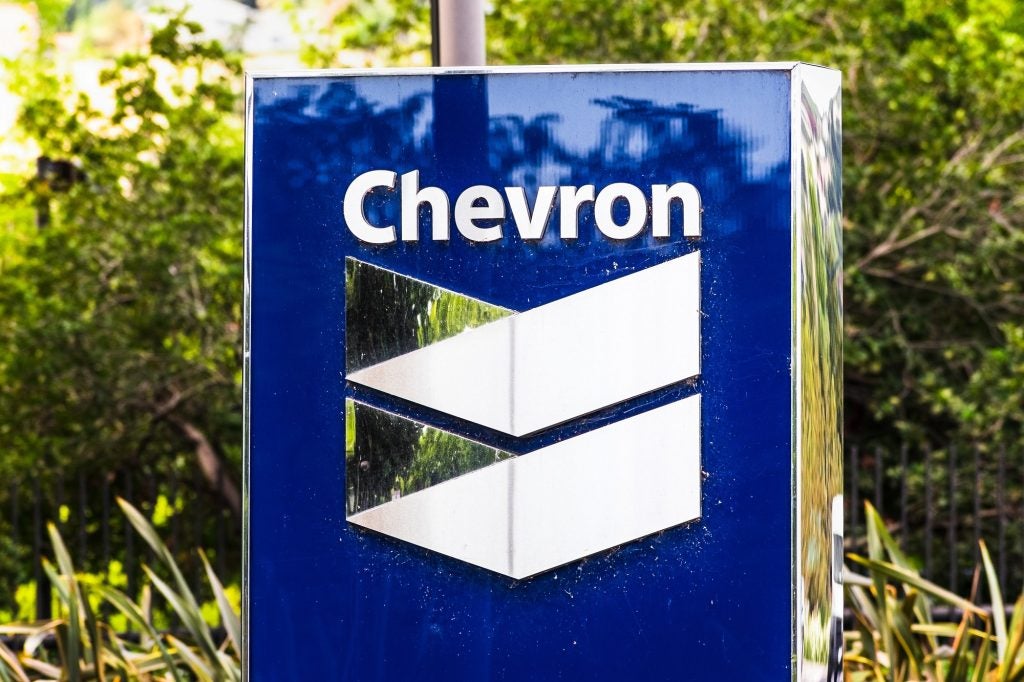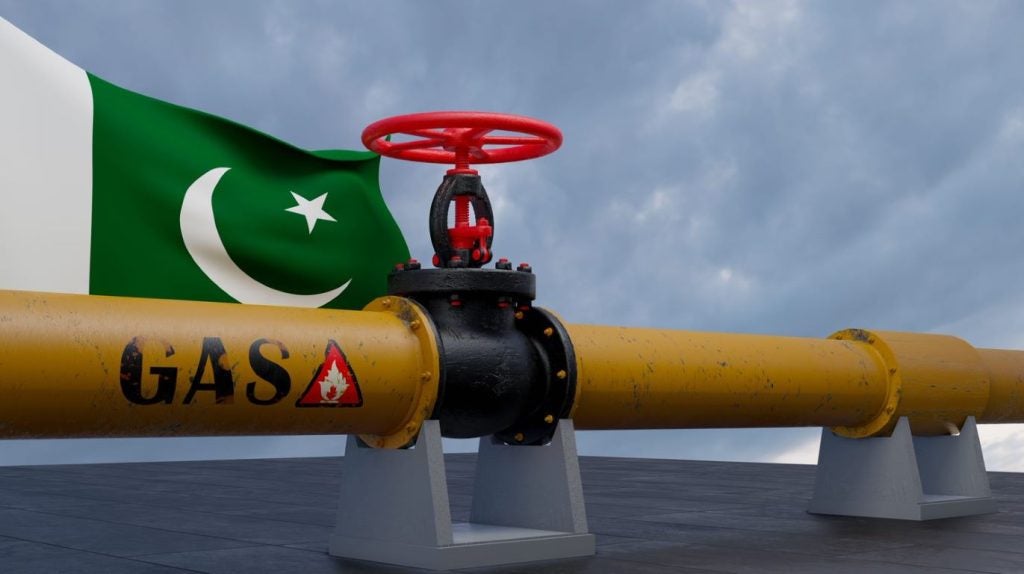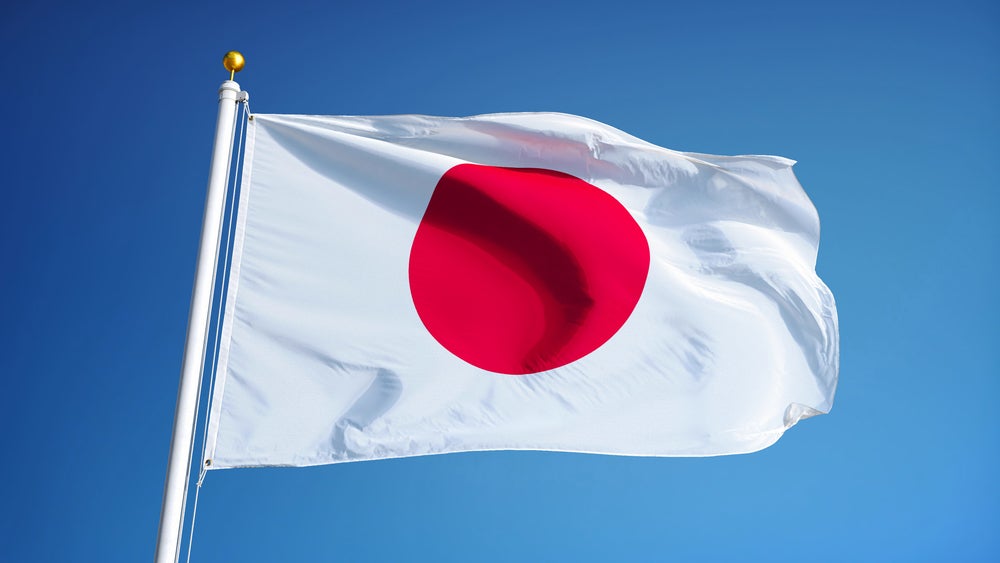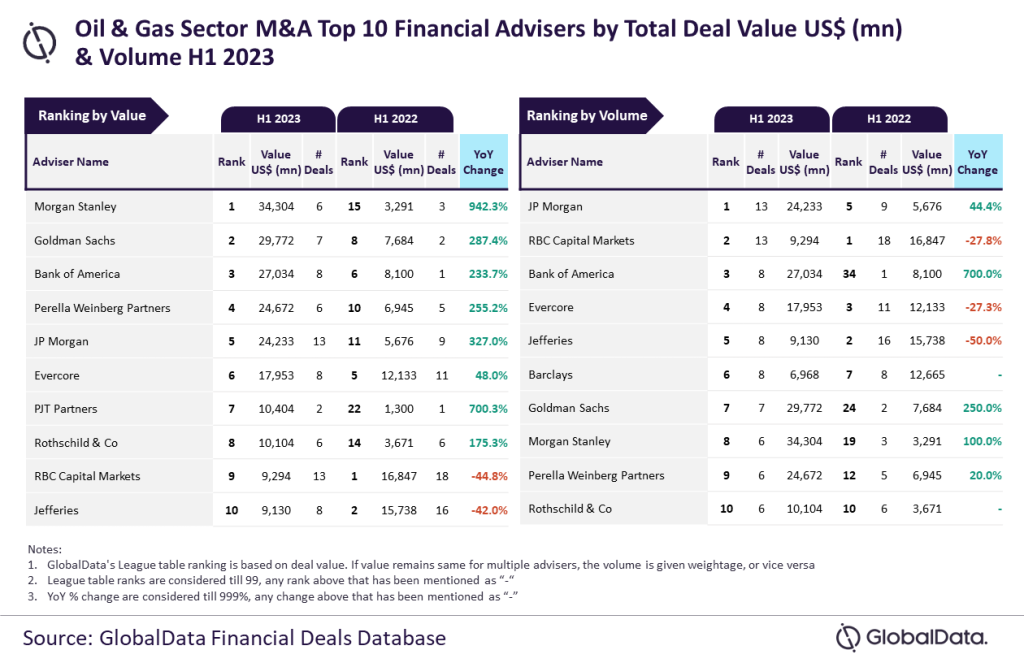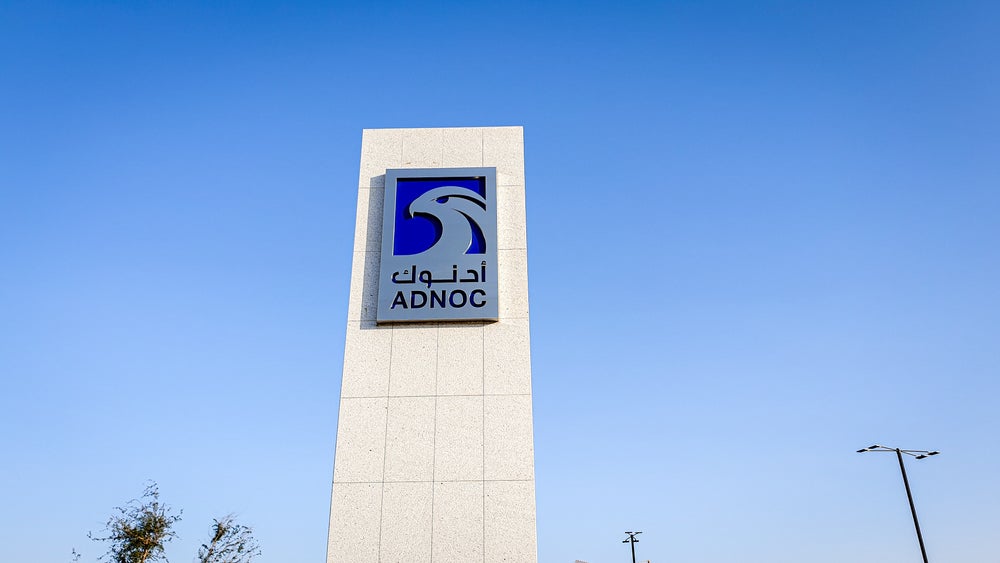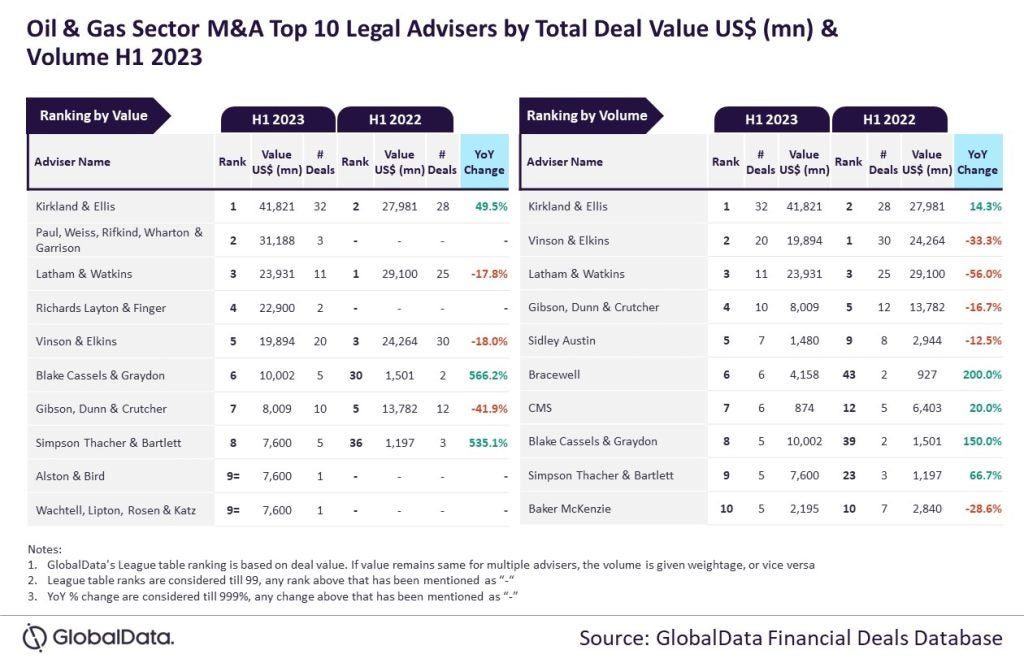PERN, a Polish pipeline operator, has stopped pumping through a part of the Druzhba oil pipeline after the discovery of a leak in central Poland, reported Reuters.
The pipeline operator hopes to fix the issue and resume oil flow by 8 August 2023.
According to PERN, there was no evidence that pointed to a third party being responsible for the leak.
Since Moscow started its invasion of Ukraine in 2022, there have been a number of attacks on pipelines delivering gas and oil.
"PERN services have reached the damaged section of one of the lines of the western section of the Druzhba pipeline in the commune of Chodecz," PERN said.
"It is the main line that transports crude oil from sea deliveries to the west. Repair work on the oil pipeline is currently under way. The expected time for pumping to resume is Tuesday morning."
PERN did not provide any detail about the implications of the leak for supplies to Germany.
"We are in contact with the operators of the East German refineries. The security of supply is still fully guaranteed,” a representative for the federal Economy Ministry in Berlin was quoted by the news agency as saying.
According to PERN, the second line was running normally and there was no concern for locals' health.
The Druzhba oil pipeline, which connects Russia to Europe and is claimed to be one of the biggest in the world, has a daily capacity of two million barrels.
The combined annual capacity of both lines' western segments, which transport crude oil from central Poland to Germany, is 27 million tonnes.


